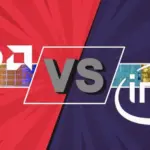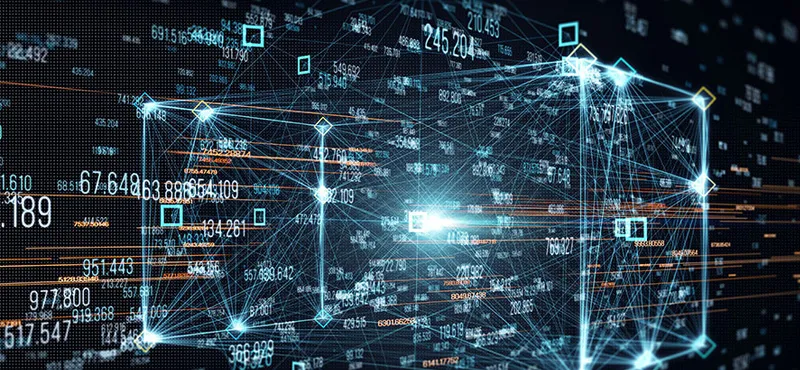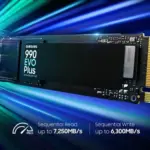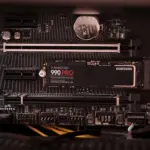Engineers at BitEnergy AI, a company that specializes in AI inference technology, have created a method of artificial intelligence processing that replaces floating-point multiplication with integer addition. The new method, known as Linear-Complexity Multiplication (L-Mul), achieves results similar to those of FPM while employing a simpler algorithm.
Despite this, it maintains FPM’s reputation for exceptional accuracy and precision. According to TechXplore, this technology cuts AI systems’ power usage by up to 95%, making it an important development for our AI future.
Because this is a new process, popular and widely available hardware, such as Nvidia’s future Blackwell GPUs, is not equipped to handle it. So, even if BitEnergy AI’s algorithm is proven to work at the same level as FPM, we still want systems capable of handling it. This may cause concern for a few AI companies, particularly those that have just invested millions, if not billions, of dollars in AI gear.
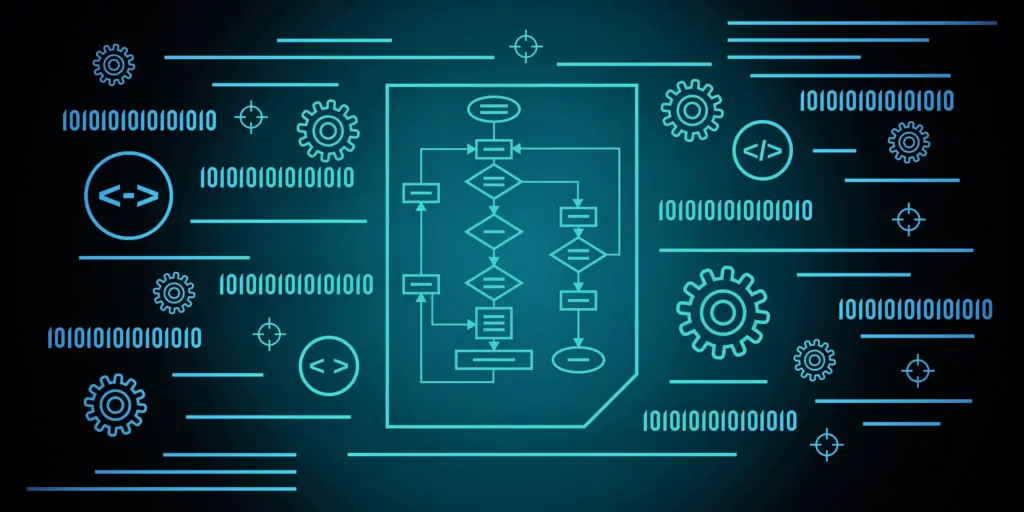
Nonetheless, the significant 95% reduction in power usage would most likely cause the largest tech corporations to abandon ship, especially if AI chip makers develop application-specific integrated circuits (ASICs) that take use of the technique.
Power is currently the most important barrier on AI research, with all data center GPUs sold last year alone consuming more power than one million houses in a year. Because of AI’s power demands, Google’s greenhouse gas emissions have increased by 48% since 2019, rather than falling year on year as expected. The company’s former CEO even advised unleashing the floodgates for power production by abandoning climate goals in favor of more powerful AI to address global warming.
However, if AI processing can be more power efficient, it appears that we can still achieve powerful AI technologies without destroying the environment. Aside from that, a 95% reduction in energy use would minimize the pressure that these large data centers place on the national grid, lowering the need to build new energy plants to power our future swiftly.
While most of us are astonished by the added capability that new AI chips provide with each generation, true innovation occurs when these processors become more powerful and efficient. So, if L-Mul works as stated, humanity may be able to have it both ways when it comes to AI.





